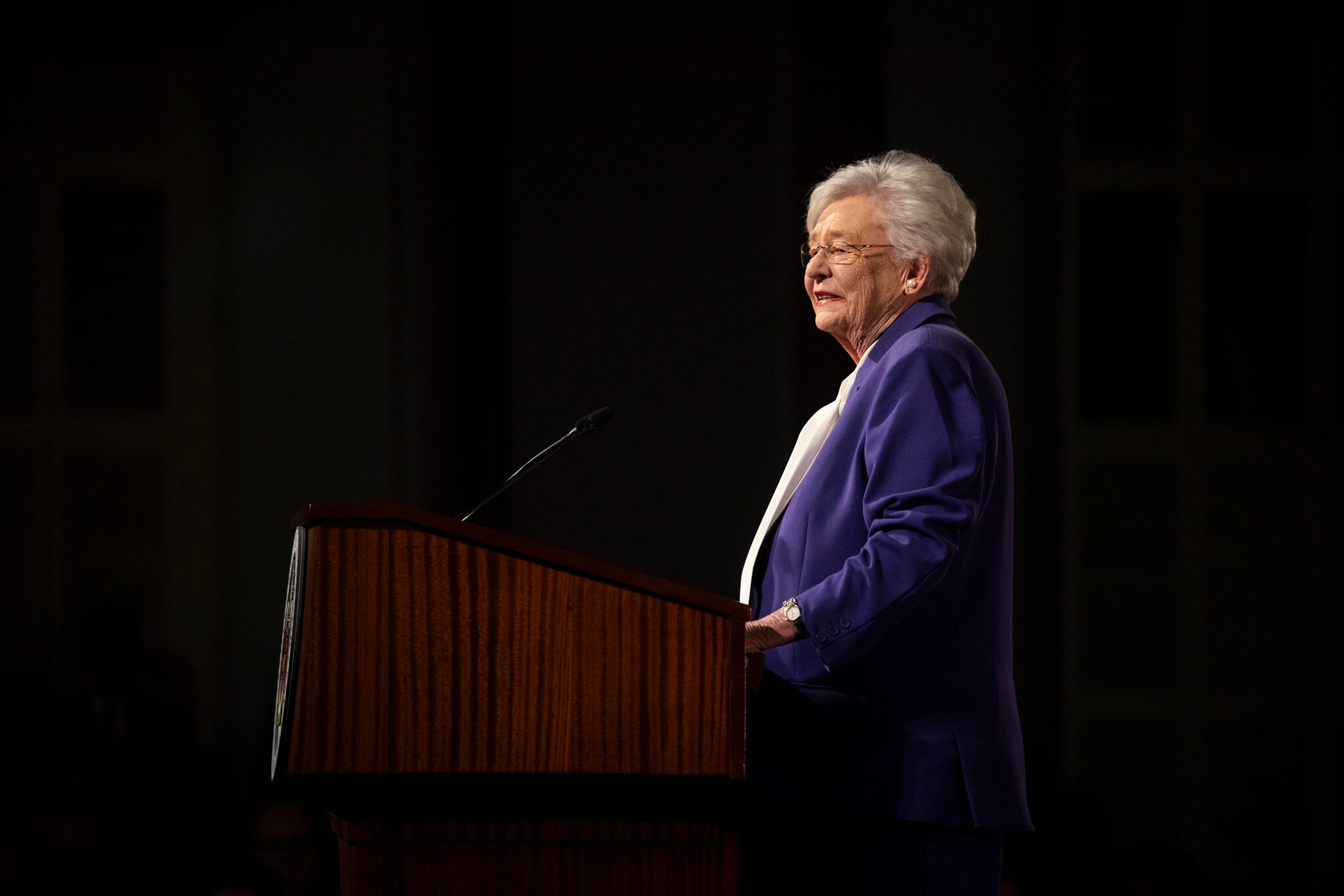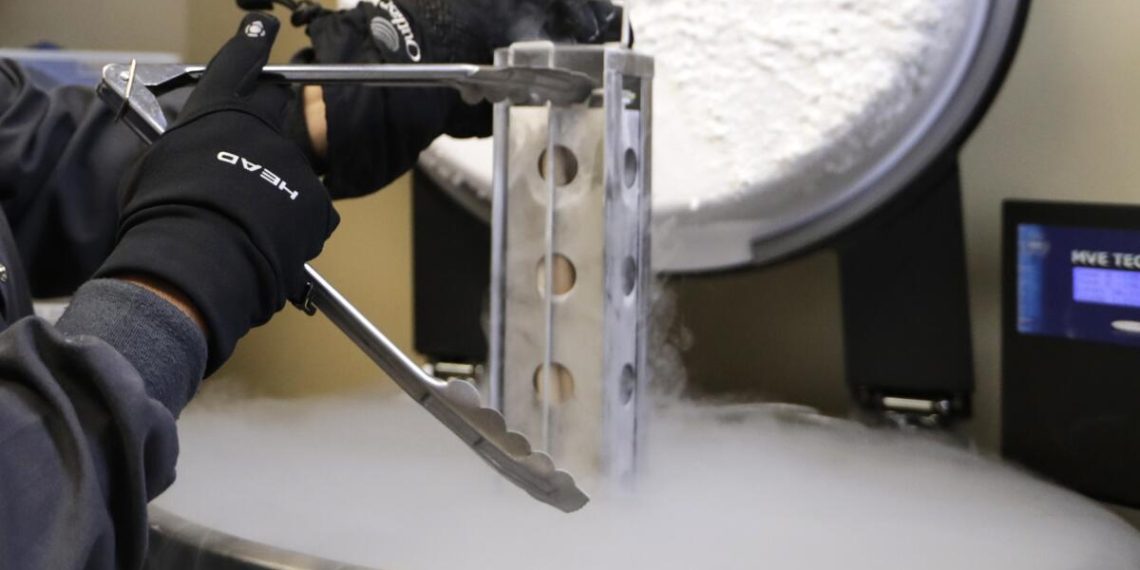In the aftermath of a conservative Alabama court’s ruling recognizing frozen embryos as children, Republican presidential candidate Donald Trump and his party are working to mitigate the implications, while Democrats view it as further evidence of threats to reproductive rights.
The Alabama Supreme Court’s decision on February 16 stirred controversy, potentially setting a precedent for other states to follow suit. Concerns grew among Republicans, already navigating the sensitive issue of abortion rights leading up to the upcoming election.
Trump swiftly called on the Alabama legislature to find a solution to ensure continued access to in vitro fertilization (IVF) treatments in the state. Democrats, meanwhile, seized the opportunity to emphasize reproductive rights as a key issue for the November elections.
President Joe Biden and the White House condemned the ruling, with Press Secretary Karine Jean-Pierre urging Congress to take action to protect IVF. However, legal options for challenging the ruling are limited, leaving advocacy and political pressure as the main avenues for opposition.

The ruling comes on the heels of the U.S. Supreme Court’s decision in Dobbs v. Jackson Women’s Health Organization, which dealt a blow to abortion rights. Democrats hope to leverage reproductive rights as a key issue to mobilize support in the upcoming elections.
The Alabama ruling has sparked strong reactions from both sides, with anti-abortion groups praising it while some Republicans express concern about its implications for fertility treatments. Polls indicate widespread support for IVF, even among those who oppose abortion, highlighting the complexity of the issue.
As the political fallout continues to unfold, both parties are strategizing to address the ruling’s impact on the broader landscape of reproductive rights and its potential implications for the upcoming elections.





